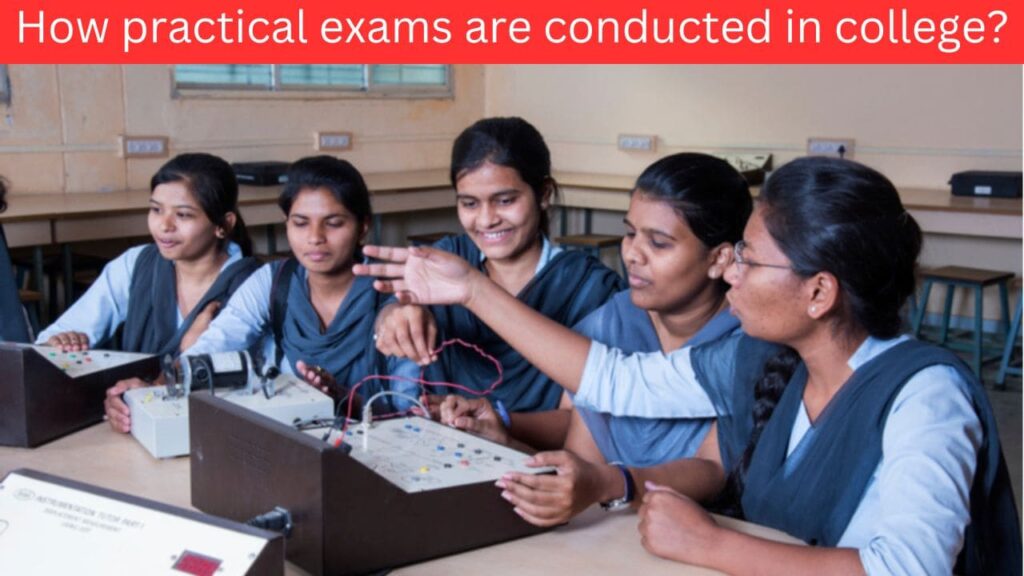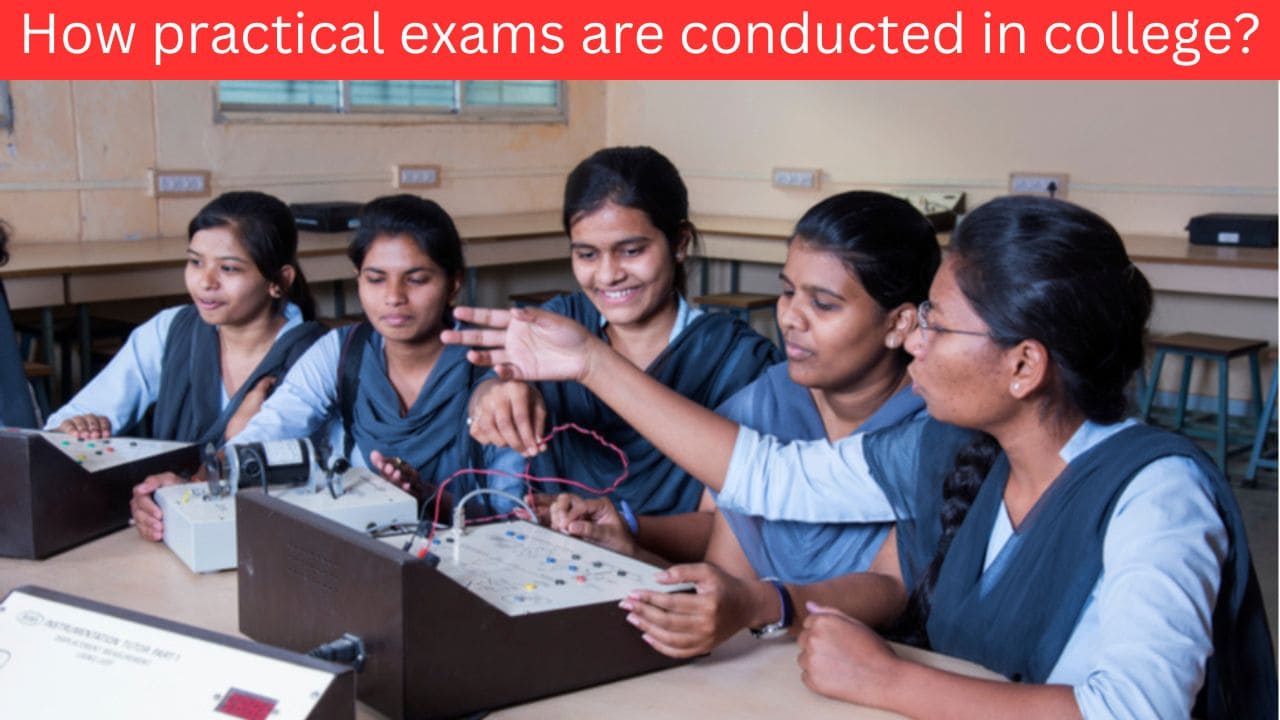
If you searched for how practical exams are conducted in college? then you are at the right place, we will give you a detailed answer to it. Practical exams are an essential component of the assessment process in most college courses. They allow students to apply theoretical concepts and gain hands-on experience in their respective fields. In this article, we will explore how practical exams are conducted in college, from the planning stages to the grading process.
Planning Stage
Before the practical exam, the course instructor typically outlines the objectives and expectations for the assessment. The instructor may provide a detailed list of topics that will be covered, the format of the exam, and any necessary preparation materials or equipment. The instructor may also schedule a review session for students to ask questions and clarify any doubts about the exam.
Setting up the Exam Space
The exam space is typically set up in a laboratory or classroom that is equipped with the necessary tools and equipment. Students are instructed to arrive early to allow ample time to prepare and settle in before the exam. The instructor or a proctor may monitor the exam room to ensure that students follow the guidelines and regulations set for the exam.
Exam Format
The format of practical exams may vary depending on the course and the objectives of the assessment. For example, in a science course, students may be asked to conduct experiments and record observations, while in a design course, students may be required to create a prototype or a final product.
The exam may be timed, and students may have a set amount of time to complete the task or project. The instructor may also provide a rubric that outlines the grading criteria, such as accuracy, completeness, creativity, and overall quality of the work.
During the Exam
During the exam, the instructor or proctor may observe and monitor students to ensure that they follow the guidelines and regulations set for the exam. Students may be required to wear lab coats, safety goggles, or other protective equipment depending on the nature of the task or project.
Students may also be prohibited from using mobile phones or accessing the internet during the exam to prevent cheating. The instructor or proctor may circulate around the room to answer questions, provide guidance, and ensure that the exam proceeds smoothly.
Grading Process
After the exam, the instructor or a designated grader may assess the student’s work and grade them based on the established criteria. The grading process may involve a combination of subjective and objective evaluations.
Subjective evaluations may include factors such as creativity, originality, and overall quality of the work. Objective evaluations may involve measurements of accuracy, completeness, and adherence to guidelines and regulations.
The instructor or grader may also review any notes or observations made during the exam to evaluate the student’s performance. The final grades are typically compiled and released to the students within a reasonable time frame.
FAQ
In college practical we have to do experiment or practical according to the subject and also an examiner come and take student’s viva exam.
To pass a practical exam you should learn at least 1 unit from each subject and also you have to learn practical or experiments which are easy to remember.
Conclusion
In conclusion, practical exams are an important aspect of the assessment process in most college courses. In this article we have explained How practical exams are conducted in college? in detail. They allow students to apply theoretical concepts and gain hands-on experience in their respective fields. The planning stages, setting up the exam space, exam format, during the exam, and grading process are critical components of the practical exam. The instructor or a designated grader must ensure that the exam proceeds smoothly and that the grading process is fair and transparent. Overall, practical exams provide a valuable opportunity for students to demonstrate their skills and knowledge and are an essential component of college education.
